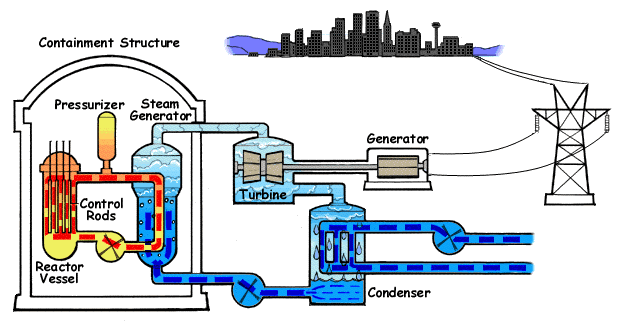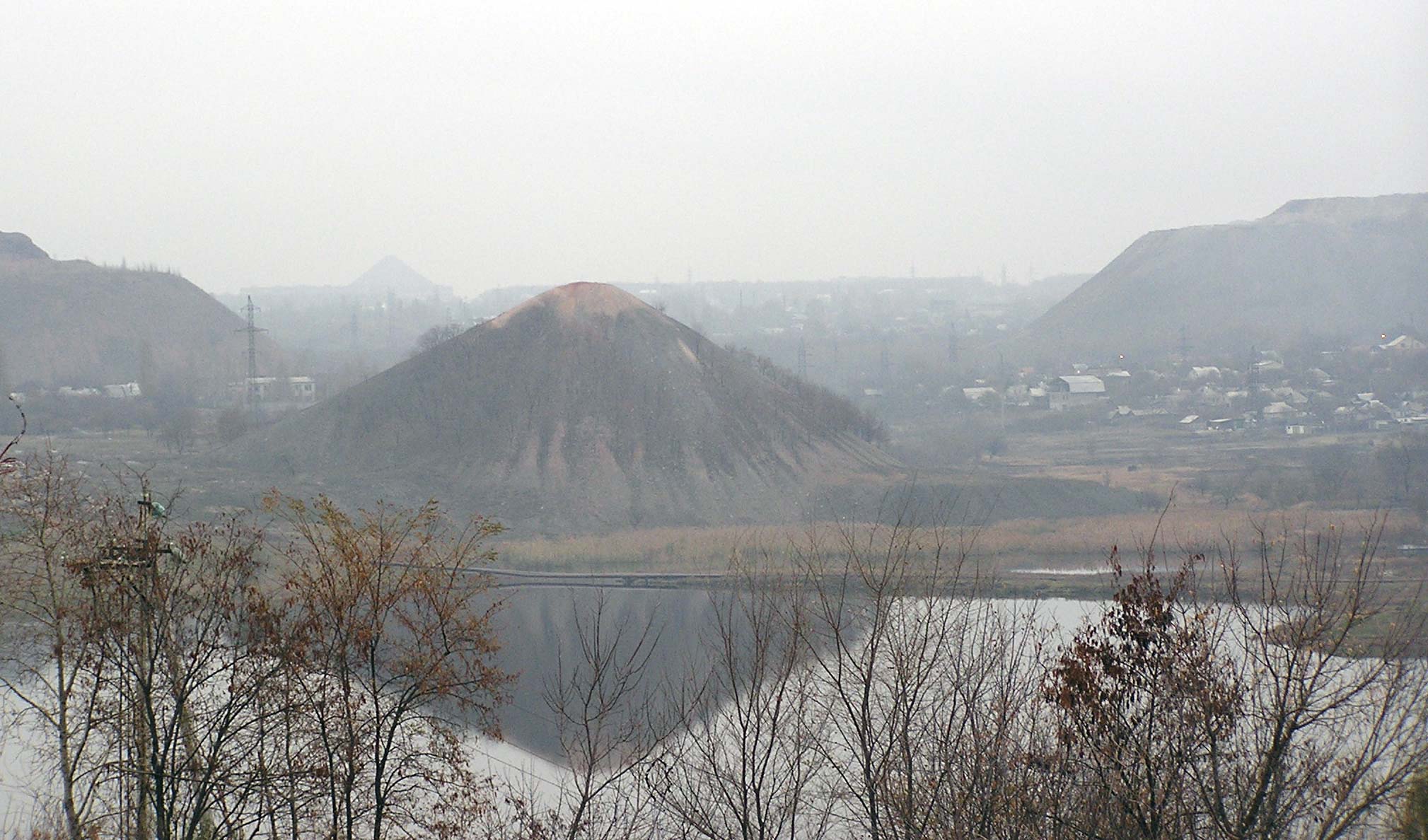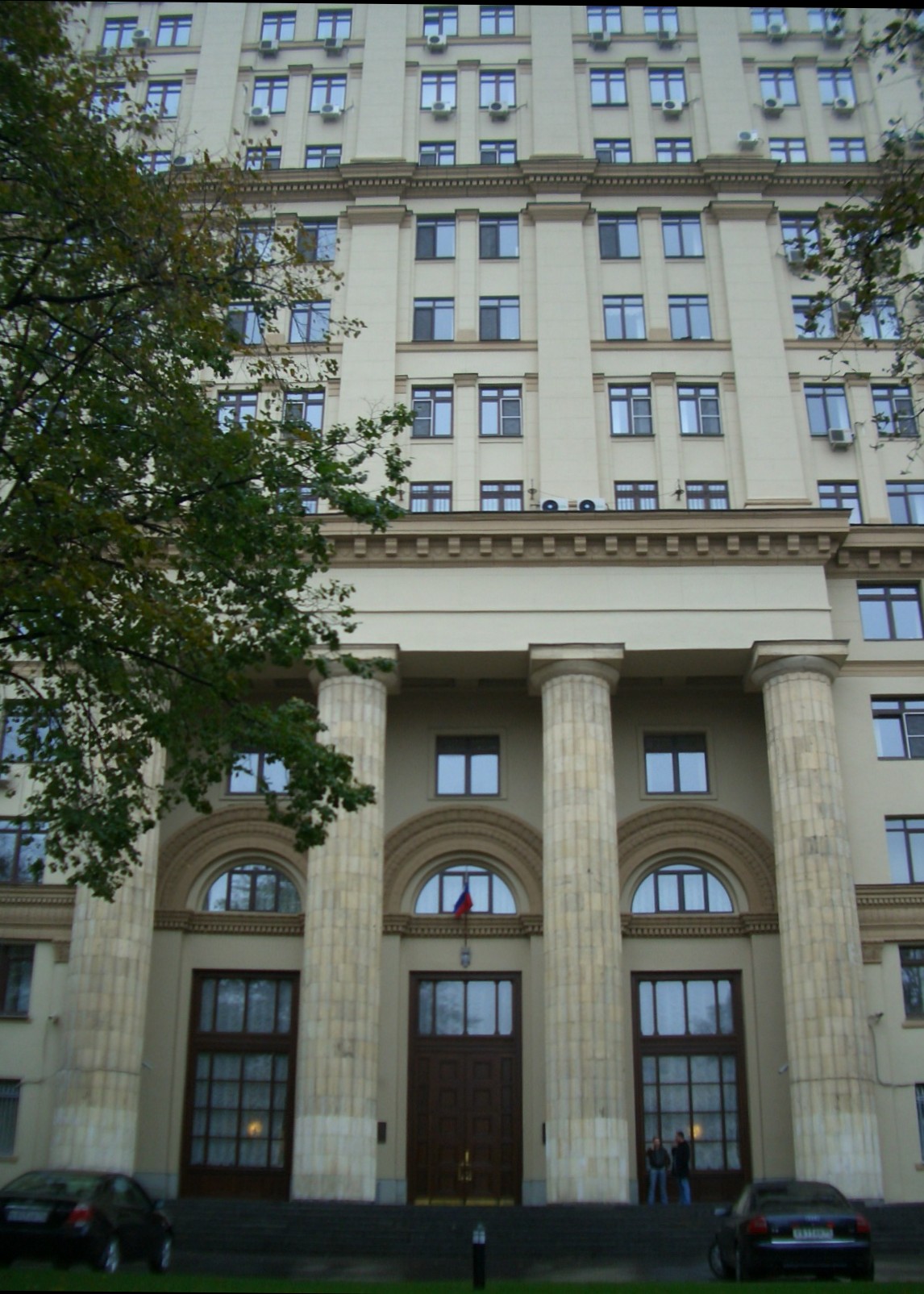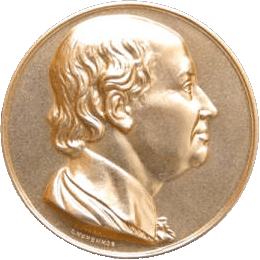|
Viktor Bryukhanov
Viktor Petrovich Bryukhanov ( uk, Віктор Петрович Брюханов, russian: Виктор Петрович Брюханов; 1 December 1935 – 12 October 2021) was the manager of construction of the Chernobyl Nuclear Power Plant and the director of the plant from 1970 to 1986. Biography Bryukhanov was born on 1 December 1935 in the city of Tashkent, Uzbekistan ( at the time part of the USSR). He was the oldest son, out of four children. His father used to work as a glazier and his mother was a cleaning lady. He later went on to become the only one of his brothers to receive higher education attaining a degree from Energy Department of the Tashkent Polytechnic in electrical engineering in 1959. After graduation, he was offered a job at Academy of Sciences of Uzbekistan. He worked at the Angren Thermal Power Plant in the following positions: duty de-aerator installer, driver of feed pumps, assistant turbine driver, turbine driver, senior turbine workshop engineer ... [...More Info...] [...Related Items...] OR: [Wikipedia] [Google] [Baidu] |
Tashkent
Tashkent (, uz, Toshkent, Тошкент/, ) (from russian: Ташкент), or Toshkent (; ), also historically known as Chach is the capital and largest city of Uzbekistan. It is the most populous city in Central Asia, with a population of 2,909,500 (2022). It is in northeastern Uzbekistan, near the border with Kazakhstan. Tashkent comes from the Turkic ''tash'' and ''kent'', literally translated as "Stone City" or "City of Stones". Before Islamic influence started in the mid-8th century AD, Tashkent was influenced by the Sogdian and Turkic cultures. After Genghis Khan destroyed it in 1219, it was rebuilt and profited from the Silk Road. From the 18th to the 19th century, the city became an independent city-state, before being re-conquered by the Khanate of Kokand. In 1865, Tashkent fell to the Russian Empire; it became the capital of Russian Turkestan. In Soviet times, it witnessed major growth and demographic changes due to forced deportations from throughout the Sov ... [...More Info...] [...Related Items...] OR: [Wikipedia] [Google] [Baidu] |
Pressurized Water Reactor
A pressurized water reactor (PWR) is a type of light-water reactor, light-water nuclear reactor. PWRs constitute the large majority of the world's nuclear power plants (with notable exceptions being the UK, Japan and Canada). In a PWR, the primary nuclear reactor coolant, coolant (water) is pumped under high pressure to the reactor core where it is heated by the energy released by the Nuclear fission, fission of atoms. The heated, high pressure water then flows to a Water-tube boiler, steam generator, where it transfers its thermal energy to lower pressure water of a secondary system where steam is generated. The steam then drives turbines, which spin an electric generator. In contrast to a boiling water reactor (BWR), pressure in the primary coolant loop prevents the water from boiling within the reactor. All light-water reactors use ordinary water as both coolant and neutron moderator. Most use anywhere from two to four vertically mounted steam generators; VVER reactors use horizo ... [...More Info...] [...Related Items...] OR: [Wikipedia] [Google] [Baidu] |
Donetsk
Donetsk ( , ; uk, Донецьк, translit=Donets'k ; russian: Донецк ), formerly known as Aleksandrovka, Yuzivka (or Hughesovka), Stalin and Stalino (see also: Names of European cities in different languages (C–D), cities' alternative names), is an industrial city in eastern Ukraine located on the Kalmius River in Donetsk Oblast. The population was estimated at in the city core, with over 2 million in the metropolitan area (2011). According to the Ukrainian Census (2001), 2001 census, Donetsk was the fifth-largest city in Ukraine. Administratively, Donetsk has been the centre of Donetsk Oblast, while historically, it is the unofficial capital and largest city of the larger economic and cultural Donbas, Donets Basin (''Donbas'') region. Donetsk is adjacent to another major city, Makiivka, and along with other surrounding cities forms a major urban sprawl and conurbation in the region. Donetsk has been a major economic, industrial and scientific centre of Ukraine wit ... [...More Info...] [...Related Items...] OR: [Wikipedia] [Google] [Baidu] |
Kurchatov Institute
The Kurchatov Institute (russian: Национальный исследовательский центр «Курчатовский Институт», 'National Research Centre "Kurchatov Institute) is Russia's leading research and development institution in the field of nuclear energy. It is named after Igor Kurchatov and is located at 1 Kurchatov Square, Moscow. In the Soviet Union it was known as I. V. Kurchatov Institute of Atomic Energy (russian: Институт Атомной Энергии им. И.В. Курчатова), abbreviated KIAE (russian: КИАЭ). Between 1991 and 2010, it was known as the Russian Scientific Centre "Kurchatov Institute" () before its name was changed to National Research Centre. History Until 1955 known under a secret name "Laboratory No. 2 of the USSR Academy of Sciences", the Kurchatov Institute was founded in 1943 with the initial purpose of developing nuclear weapons. The majority of Soviet nuclear reactors were designed in the insti ... [...More Info...] [...Related Items...] OR: [Wikipedia] [Google] [Baidu] |
Vremya
''Vremya'' (russian: Вре́мя, lit. "Time") is the main evening newscast in Russia, airing on Channel One Russia (Russian: , Pervy kanal) and previously on Programme One of the Central Television of the USSR (CT USSR, Russian: ). The programme has been on the air since 1 January 1968 (there were no broadcasts from August 1991 to December 1994) and has broadcast in color since 1974. Editorial line In the Soviet days of ''Vremya'', the programme had a pro-government bias and typically did not report on news that could potentially fuel anti-government sentiment. The programme presented reports that promoted socialism and portrayed the West in a negative manner. The newsroom was tied to the Politburo of the Communist Party of the Soviet Union's Central Committee. This situation changed after Glasnost, when a director of news was introduced alongside the news being sourced from official outlets. This made CT USSR report accurately on the collapse of the Soviet Union's satellite ... [...More Info...] [...Related Items...] OR: [Wikipedia] [Google] [Baidu] |
Mikhail Gorbachev
Mikhail Sergeyevich Gorbachev (2 March 1931 – 30 August 2022) was a Soviet politician who served as the 8th and final leader of the Soviet Union from 1985 to dissolution of the Soviet Union, the country's dissolution in 1991. He served as General Secretary of the Communist Party of the Soviet Union from 1985 and additionally as head of state beginning in 1988, as Chairman of the Presidium of the Supreme Soviet from 1988 to 1989, Chairman of the Supreme Soviet from 1989 to 1990 and the only President of the Soviet Union from 1990 to 1991. Ideologically, Gorbachev initially adhered to Marxism–Leninism but moved towards social democracy by the early 1990s. Gorbachev was born in Privolnoye, Stavropol Krai, Privolnoye, Russian Soviet Federative Socialist Republic, Russian SFSR, to a poor peasant family of Russian and Ukrainian heritage. Growing up under the rule of Joseph Stalin, in his youth he operated combine harvesters on a Collective farming, collective farm before join ... [...More Info...] [...Related Items...] OR: [Wikipedia] [Google] [Baidu] |
Valery Legasov
Valery Alekseyevich Legasov (russian: Валерий Алексеевич Легасов; 1 September 1936 – 27 April 1988) was a Soviet and Russian inorganic chemist and a member of the Academy of Sciences of the Soviet Union. He is now mainly remembered for his work in containment of the Chernobyl disaster and presenting the investigation findings to the International Atomic Energy Agency (IAEA) in Vienna. Early life Valery Alekseyevich Legasov was born on September 1, 1936, in Tula, Russian SFSR, into a family of civil workers. He attended secondary school in Kursk. In 1949–1954, he attended School No. 56 in Moscow and graduated with a gold medal. While he was a shy student, he excelled in both academic work and social activities being elected secretary of his school's Komsomol committee. During 1953, he proposed reforms to the Komsomol committee to address what he perceived as indifference and passivity of its members. These ideas were quickly quashed by the authorit ... [...More Info...] [...Related Items...] OR: [Wikipedia] [Google] [Baidu] |
Ministry Of Medium Machine Building
The Ministry of Medium Machine-Building Industry of the USSR (russian: Министерство среднего машиностроения СССР - Минсредмаш СССР, МСМ СССР) was the government ministry of the Soviet Union that supervised the Soviet nuclear industry, including production of nuclear warheads. The headquarters was located in Moscow in the building at Bolshaya Ordynka St. (''Большая Ордынка'') 24-26, currently occupied by the corporation Rosatom. History The basis of the ministry was established since September 1942 the First Chief Directorate (nuclear industry), the Third Chief Directorate (development in the area controlled missiles, aircraft, rockets and long range missiles) of the Council of Ministers of the USSR and the Central Board of Industrial Building of the Ministry of Internal Affairs of the USSR (''Главпромстрой МВД'') charged with construction of nuclear installations. The Ministry of Medium Mach ... [...More Info...] [...Related Items...] OR: [Wikipedia] [Google] [Baidu] |
Efim Slavsky
Efim is a given name, also spelled as Yefim. It is possibly derived from the Greek name Euthymios (Εὐθύμιος; ; latinized as Euthymius). Notable people with the name include: *Efim Alexandrov (born 1960), Russian-Jewish comedian *Efim Bogoljubov (1889–1962), Russian-German chess grandmaster *Efim Dzigan (1898–1981), Soviet film director *Efim Etkind (1918–1999), Russian philologist *Efim Fradkin (1924–1999), Russian physicist *Efim Geller (1925–1998), Soviet chess grandmaster *Efim Jourist (1947–2007), Ukrainian composer * Efim Kolbintsev (1875–), Russian peasant, treasurer, merchant and deputy of the Fourth Imperial Duma from Orenburg Governorate *Efim Motpan (born 1971), Moldovan racewalker *Efim Shifrin (born 1956), Russian actor *Efim Zelmanov (born 1955), Russian-American mathematician *Yefim Alekseyevich Cherepanov and Miron Yefimovich Cherepanov (1774–1842) and (1803–1849), Russian inventors, father and son *Yefim Bronfman (born 1958), Russian-Israeli ... [...More Info...] [...Related Items...] OR: [Wikipedia] [Google] [Baidu] |
Anatoly Alexandrov (physicist)
Anatoly Petrovich Alexandrov (russian: Анатолий Петрович Александров, 13 February 1903–3 February 1994), also known as A.P. Alexandrov, , was a Russian physicist who played a crucial and centralizing role in the former Soviet program of nuclear weapons. During his lifetime, Alexandrov was the recipient of many honors, civil citations, and state awards for this work and was also the director of the Kurchatov Institute and the President of the Soviet Academy of Sciences from 1975 until 1986. Early life Anatoly Alexandrov was born on 13 February 1903 into the family of a prominent judge in the town of Tarashcha, Kiev Governorate, Russian Empire (now located in modern-day Ukraine). In 1919, at the height of the Russian Civil War, Alexandrov graduated from high school in Kiev. The certificate gave the right to enter the university at the physics and mathematics or medical faculty. When the Red Army captured Kiev on February 5, 1919, Alexandrov and a ... [...More Info...] [...Related Items...] OR: [Wikipedia] [Google] [Baidu] |
Der Spiegel
''Der Spiegel'' (, lit. ''"The Mirror"'') is a German weekly news magazine published in Hamburg. With a weekly circulation of 695,100 copies, it was the largest such publication in Europe in 2011. It was founded in 1947 by John Seymour Chaloner, a British army officer, and Rudolf Augstein, a former Wehrmacht radio operator who was recognized in 2000 by the International Press Institute as one of the fifty World Press Freedom Heroes. Typically, the magazine has a content to advertising ratio of 2:1. ''Der Spiegel'' is known in German-speaking countries mostly for its investigative journalism. It has played a key role in uncovering many political scandals such as the ''Spiegel'' affair in 1962 and the Flick affair in the 1980s. According to ''The Economist'', ''Der Spiegel'' is one of continental Europe's most influential magazines. The news website by the same name was launched in 1994 under the name ''Spiegel Online'' with an independent editorial staff. Today, the content is ... [...More Info...] [...Related Items...] OR: [Wikipedia] [Google] [Baidu] |
Anatoly Dyatlov
Anatoly Stepanovich Dyatlov (russian: Анатолий Степанович Дятлов, uk, Анатолій Степанович Дятлов; 3 March 1931 – 13 December 1995) was a Soviet engineer who was the deputy chief engineer for the Chernobyl Nuclear Power Plant. He supervised the safety test which resulted in the 1986 Chernobyl disaster, for which he served time in prison as he was blamed for not following the safety protocols. He was released due to health concerns in 1990. Later investigations found that reactor design flaws were a more significant factor than operator error, although some safety procedures were not followed. Biography Dyatlov was born in 1931 in Krasnoyarsk Krai, Russian Soviet Federative Socialist Republic. His parents were poor; they lived near the Yenisei River and the penal settlements of Krasnoyarsk. He ran away from home at the age of 14. He first studied in a vocational school, at the electrical engineering department of the Mining and Met ... [...More Info...] [...Related Items...] OR: [Wikipedia] [Google] [Baidu] |





.jpg)

